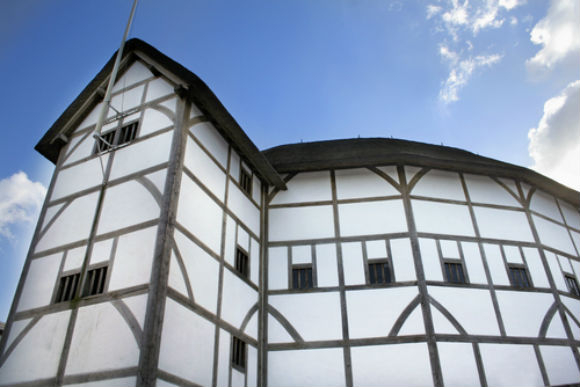Theatre etiquette: Michael Coveney: I relish venues with raucous audiences
As part of our series on theatre etiquette, Michael Coveney points out that the respectable side of theatre only started with the Victorians

The tales of heavy petting, sick-in-handbag, sneezing, boozing and singing along in the audience are the least we should expect at shows like The Bodyguard or Dirty Dancing. That, in way, is what they are for. I don’t know when "hen party" theatre-going started, but I first noticed it at Legally Blonde, and that was in the Savoy, for heaven’s sake.
Usually, though, the show itself – Pinter, Ayckbourn, Hamlet (unless Benedict Cumberbatch is in it) or Gypsy – defines how the audience behaves. And so – unless you’re in the hen party – does the architecture of the space. But then, I’m a bit of an extremist in these matters. I don’t think men should turn up at theatres dressed for the beach, and I wouldn’t mind seeing all mobile phones docked in a secure area in the foyer.
But the most insensitive audience behaviour I've seen was at the first night of Waste at the National two weeks ago. A man cried out and collapsed in the front stalls. While he lay there still – possibly dead, or dying, for all we knew – the play continued (the scene was all about waste of life), the actors took their bow, the audience – unbelievably! – applauded. The man is recovering well, I’m told. But that was the night, for me, when the audience, all of us, behaved worst of all.
Still, essentially I think you should behave exactly how you want to, within reason, at the theatre. Some people even object to people coughing, or laughing in the "wrong" place (there is, of course, no such thing as a "wrong" place). Harold Pinter wanted all wrapped sweets banned from the foyer kiosk for one of his plays at the Watford Palace, and furiously demanded that the Circle line shouldn’t run underneath the Royal Court when another masterpiece was in performance.
My other favourite Pinter intervention was the sight of him storming out of a Neil LaBute play before it had even begun, objecting to the loud punk clatter of the Smashing Pumpkins on the soundtrack. At the end of another controversial evening, Peter Brook’s anti-Vietnam play US for the RSC, Kenneth Tynan famously stood up at the end and shouted at the silent, stationary actors, "Do we applaud you, or do you applaud us?" Very good question.
I hate reverse interference – ie, actors on the audience – even more, which is why I dislike the coercive nature of Punchdrunk. I love rapt, quiet audiences, but I also like the rowdy participation at the Hackney Empire or Shakespeare’s Globe; Michael Billington doesn’t so much, once accusing the Globe actors of "going down" on the audience, overdoing the embrace.
This week I’ve seen Maggie Norris’s wonderful Big House project (non-actors coming out of care) in a site-specific promenade narrative, Electric, underneath the Rio cinema in Dalston and a Beastie Boys tribute show, Licensed to Ill (it’s an alternative Jersey Boys) at Camden People’s Palace, both attended with intense concentration, even though "audience participation" in the latter included swelling the party scene for "Fight for Your Right."
The Living Theatre used to invite the audience to participate in an onstage orgy, and some did, usually stoned and naked. On the other hand, any kind of disruption that’s not invited by the performers is bound to cause ructions, but I don’t see what you can do about that apart from banning food, drinks and phones from the auditorium. When I started going to theatres, some of them had ashtrays on the back of the seats for smokers. Now audiences are warned that smoking will take place on the stage, and fake baccy always smells like weed, which is even more worrying.
The "respectable" side of theatre only started with the Victorians, and I relish those venues – the Globe, Hackney Empire, Stratford East, the old Roundhouse, the Gaiety in Dublin, the Pavilion in Glasgow, where raucous audiences are properly at home. And of course the best thing about pantomime is that every theatre, and every audience, reverts to the lively participatory example of the Greeks and Elizabethans, the historical eras that, in part because of badly behaved audiences, produced the world’s best theatre.












